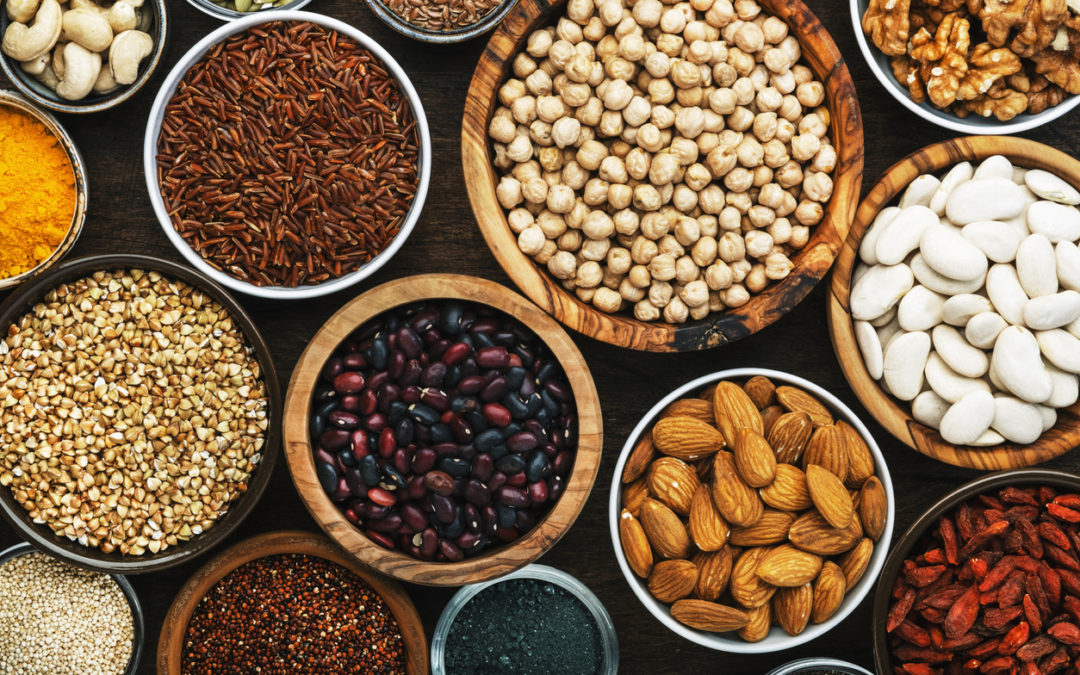
Insulin Resistance: The 3 Things You Need to Know
Insulin resistance is what I call the “pre pre-diabetes” because it’s actually happening in the body before your blood glucose is ever abnormal and you get the diagnosis of pre-diabetes.
Watch the video now or read on….
#1: What are the symptoms?
Some people don’t have any symptoms at all when they have insulin resistance, but most people feel really tired. They feel like they are dragging around, so they go in to see their medical provider. Blood tests otfen show that “nothing is wrong with them”.
Some people have weight gain, especially around the abdomen. Many “crash” after they eat certain foods and they don’t understand why.
For some people insulin resistance affects their mood. It can cause a low level of depression or that feeling of feeling very “hangry”.
#2: What actually is Insulin Resistance?
I could go into a deep physiology lesson about this. The basic thing I want you to know is that insulin is what lets your blood sugar (your glucose) into your cells to give them the energy to do what they need to do. When you have insulin resistance the blood sugar is not getting in, and so your cells don’t have that fuel that they need.
#3: How do you fix it?
I recommend getting your insulin levels checked—it’s part of the routine labs I do here at my clinic in Portland. If you do get it checked, you want to make sure your insulin level is under 5. Slightly over 5 is going to be mild insulin resistance, and the higher it goes, the more insulin resistance you have—meaning the less glucose is getting into your cells
The most important thing you can do to help this process is eating protein. You want to eat protein every few hours throughout the day, eat a high protein breakfast, and always have protein at your meals and with any carbs that you eat.
By doing that, you’re going to stabilize your blood sugar level in your blood and you’re going to reduce that insulin resistance for those cells.
That’s it! It’s actually simple.
Why we’re not checking it in the regular, conventional blood testing, I’m not sure, since insulin resistance is happening in your body well before your blood glucose levels are ever elevagted. We would be heading off a lot of pre-diabetes if people knew about this ahead of time. It would also be saving you hours and hours of being tired and not feeling like yourself because this is happening in your body.
If you’re in Portland, I’d love to see you at my clinic—we can work through this. And if not I hope you’ll see your own provider and have this checked! Or just make sure you’re eating protein throughout the day and with meals to keep that blood sugar stabilized and reduce your risk of insulin resistance, reducing your risk of pre-diabetes and diabetes down the road.

Recent Comments